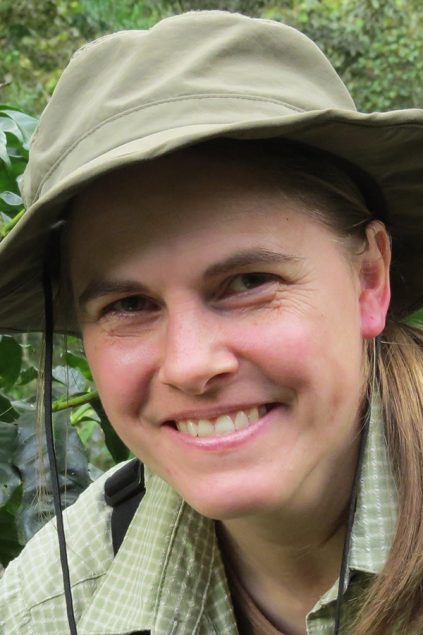Amber Roth
Expertise
? Birds, ☀️ Clean and renewable energy, ? Climate change, ? Ecology, ? Environmental sciences, ? Forests, ? Land and natural resource use, ? Wildlife
Roth is a forest wildlife ecologist who studies how management decisions affect forest ecosystems. Her research focuses on declining forest wildlife species and habitats with the goal of recovering these resources and maintaining biodiversity. She integrates outreach efforts targeting natural resources professionals and the public into her research to promote improved management practices at the policy and on-the-ground implementation levels. Visit Roth’s biography to learn more.

Appointment details
Roth’s work is supported by:
- School of Forest Resources at the College of Natural Sciences, Forestry and Agriculture
- Department of Wildlife, Fisheries, and Conservation Biology at the College of Natural Sciences, Forestry and Agriculture
- Maine Agricultural and Forest Experiment Station
Experiment Station contributions
I seek to understand the effects of forestry practices on habitat and demographic characteristics of declining forest wildlife species to prevent extinctions and maintain biological diversity. Additionally, my research is pushing the limits of telemetry technology for small migratory wildlife species to reveal new insights into population dynamics and the mysteries of migration.
- Current project: Wildlife Conservation Through Improved Forest Management and Use of New Technologies. McIntire-Stennis project number ME042018.
- Assessing long-term expanding gap silviculture in mixedwood forest on bird assemblages
- Rusty Blackbird use of commercial forests in Maine
- Bicknell’s Thrush use of commerical forests in Maine
- Migration Ecology of the American Woodcock (Scolopax minor) in Eastern North America
- Drivers of Golden-winged Warbler population change
- Mapping non-breeding distributions of four at-risk migratory forest birds under current (2012-2021) and future (2050) land use and climate scenarios
Career highlight
The Golden-winged Warbler Working Group, for which Roth is co-chair, is celebrating its 20th year of collaborative research and conservation for the warbler.

